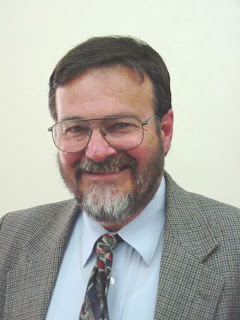Chesterton on materialism as a worldview
From G. K. Chesterton, an early twentieth century Catholic writer, both anti-materialist and anti-Dawinist, in his Orthodoxy: (Courtesy Super flumina )
As an explanation of the world, materialism has a sort of insane simplicity. It has just the quality of the madman’s argument; we have at once the sense of it covering everything and the sense of it leaving everything out… You can explain a man’s detention at Hanwell[1] by an indifferent public by saying that it is the crucifixion of a god of whom the world is not worthy. The explanation does explain. Similarly you may explain the order in the universe by saying that all things, even the souls of men, are leaves inevitably unfolding on a utterly unconscious tree—the blind destiny of matter. The explanation does explain, though not, of course, so completely as the madman’s. But the point here is that the normal human mind not only objects to both, but feels to both the same objection. Its approximate statement is that if the man in Hanwell is the real God, he is not much of a god. And, similarly, if the cosmos of the materialist is the real cosmos, it is not much of a cosmos. The thing has shrunk. The deity is less divine than many men… Read More ›



